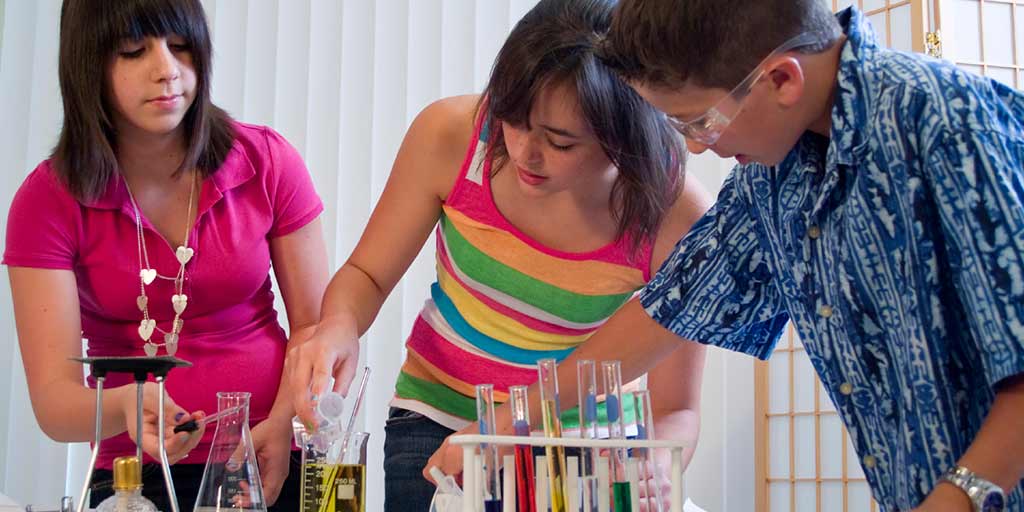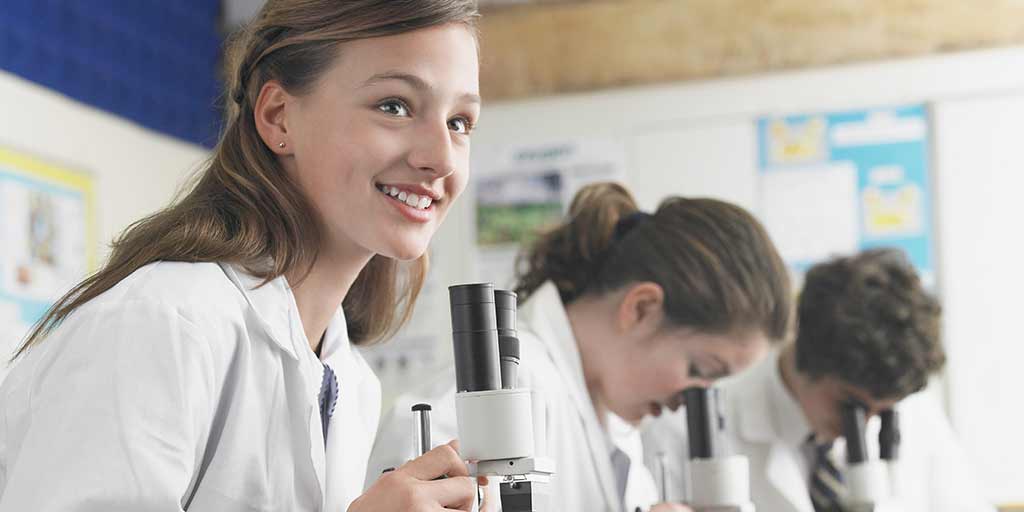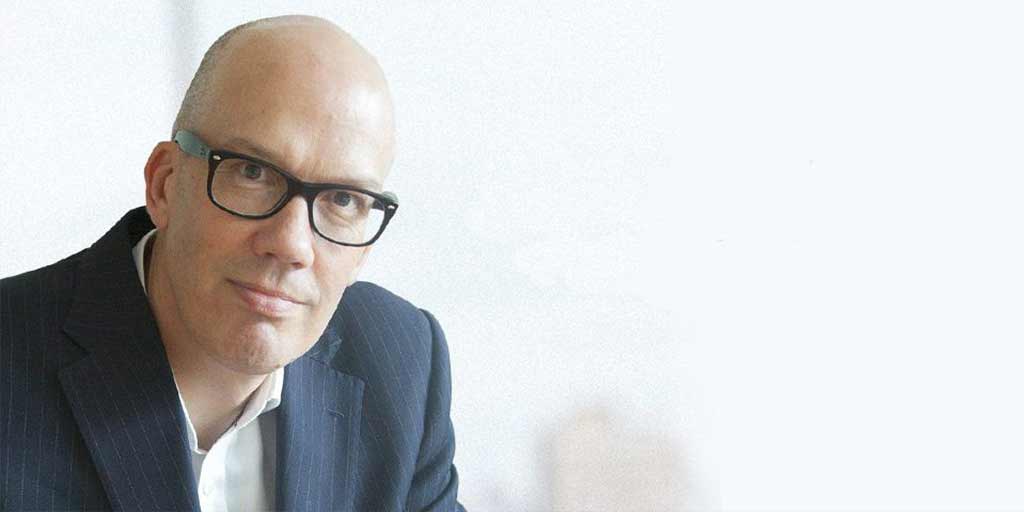Practical science in schools
By Kirsty Younger The Practical Work in Science study is nearing the end of its final year of data collection.

Login | Support | Contact us
Kirsty Younger : May 16, 2017 12:10:00 PM
2 min read

CEM wants to hear from you on practical work in science.
Policy and practice rarely stand still in the world of education, and science teaching is no exception. Recent years have seen changes to the way that science subjects are assessed at GCSE and A level in England. Importantly, the assessment methods for practical work in science have changed.
The Centre for Evaluation and Monitoring and School of Education at Durham University are investigating changes in practical work over time. We are now in the third and final year of data collection on a three-year Practical Work in Science study. This is your last chance to take part in our survey (SURVEY CLOSED) and make sure your views and experiences are represented.
The survey findings will give an insight into the reality of science teaching in schools that can be used to inform future developments in teaching and assessment. Findings will also be useful for school leaders who want to benchmark their practice against schools in the state and independent sectors. We are collecting data in England and Scotland, giving a valuable source of comparison between different curriculum and assessment requirements.
In Year 1 of the study we found large variations in the amount of funding for science in schools: the highest-funded institutions spent in excess of ten times more per student than the poorest-funded institutions.
The amount of lesson time devoted to practical work is of particular interest. In Year 1 of the study we found that on average, lessons included:
Responses to our survey this year will enable us to measure whether time spent on practical work has changed over the years.
The survey also investigates the activities and learning outcomes for practical work. We are interested in how frequently students:
Using your responses this year, we will be able to investigate whether the frequency of these activities has changed since 2015.
This year we are surveying heads of science, science teachers and science technicians. In Year 1, hundreds of technicians from around the UK gave us really valuable information about the standards of labs and equipment, and about the variety of tasks that they regularly undertake. This year we are very keen to hear from technicians again so that we can build on these findings.
To ensure that our findings give an accurate picture of what is happening in schools, we would like multiple responses from each school – so do please pass the message on to your science colleagues. As a ‘thank you’ for taking part, you can participate in a prize draw to win one of five £100 Amazon gift vouchers (to spend in school or treat yourself!).
To make sure your views are represented, please complete the survey here: SURVEY CLOSED.
If you have any queries about the study, or would like to be added to a priority mailing list to receive a copy of the study report, please contact us on CEM@cambridge.org.
The Practical Work in Science study is led by Durham University’s Centre for Evaluation and Monitoring (CEM) and School of Education and is funded by the Gatsby Charitable Foundation, with a contribution from the Wellcome Trust.
The project is part of an on-going programme of work by Gatsby, Wellcome and the Nuffield Foundation to understand and improve practical work in science education.

By Kirsty Younger The Practical Work in Science study is nearing the end of its final year of data collection.

By Dr Helen Cramman Science is not short of big questions to ask: How did the universe begin? How did life on earth begin? What makes us human? I...

At the Festival of Education 2018, Rob Coe’s presentation followed on from his recent blog post But that is NOT AN ASSESSMENT! by discussing some of...